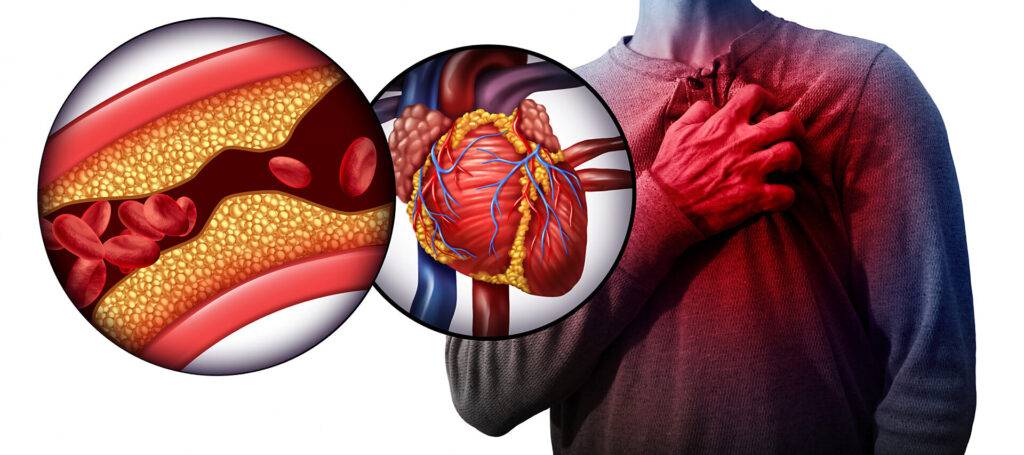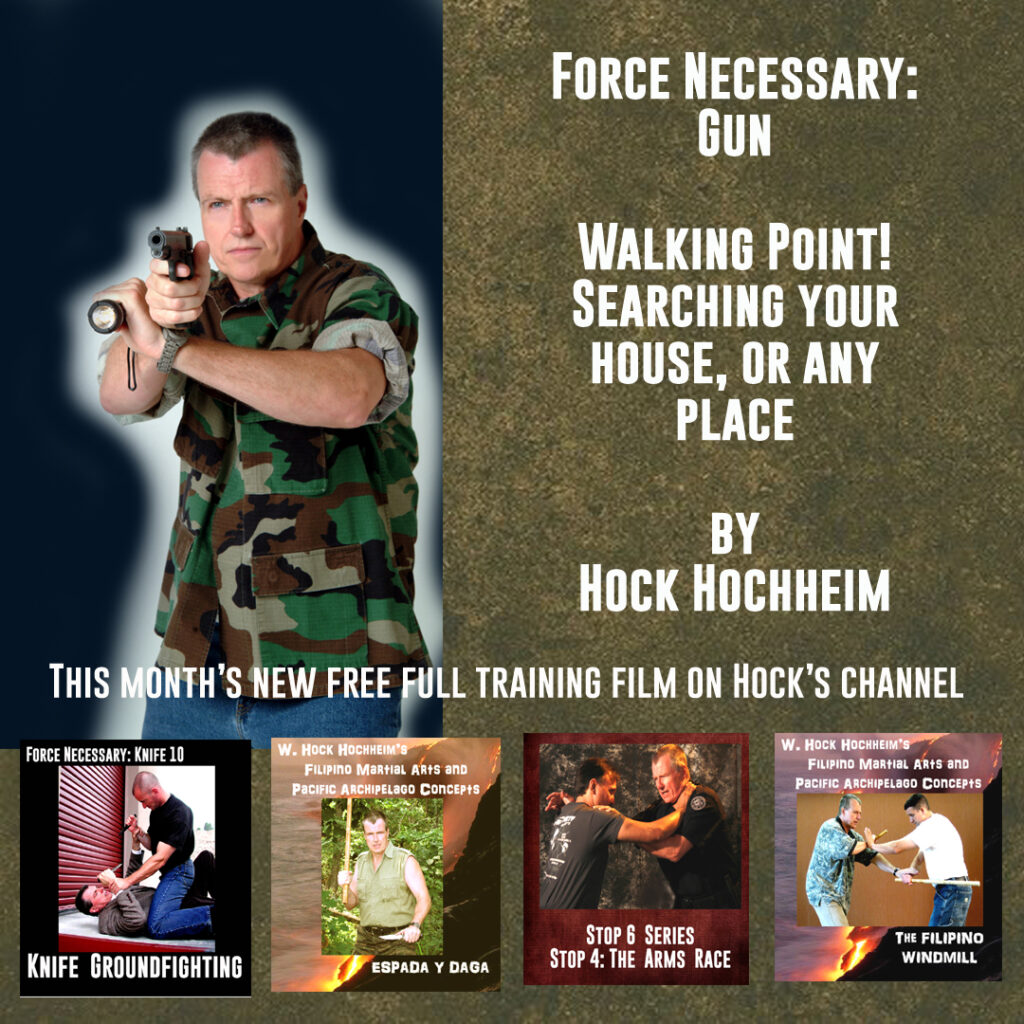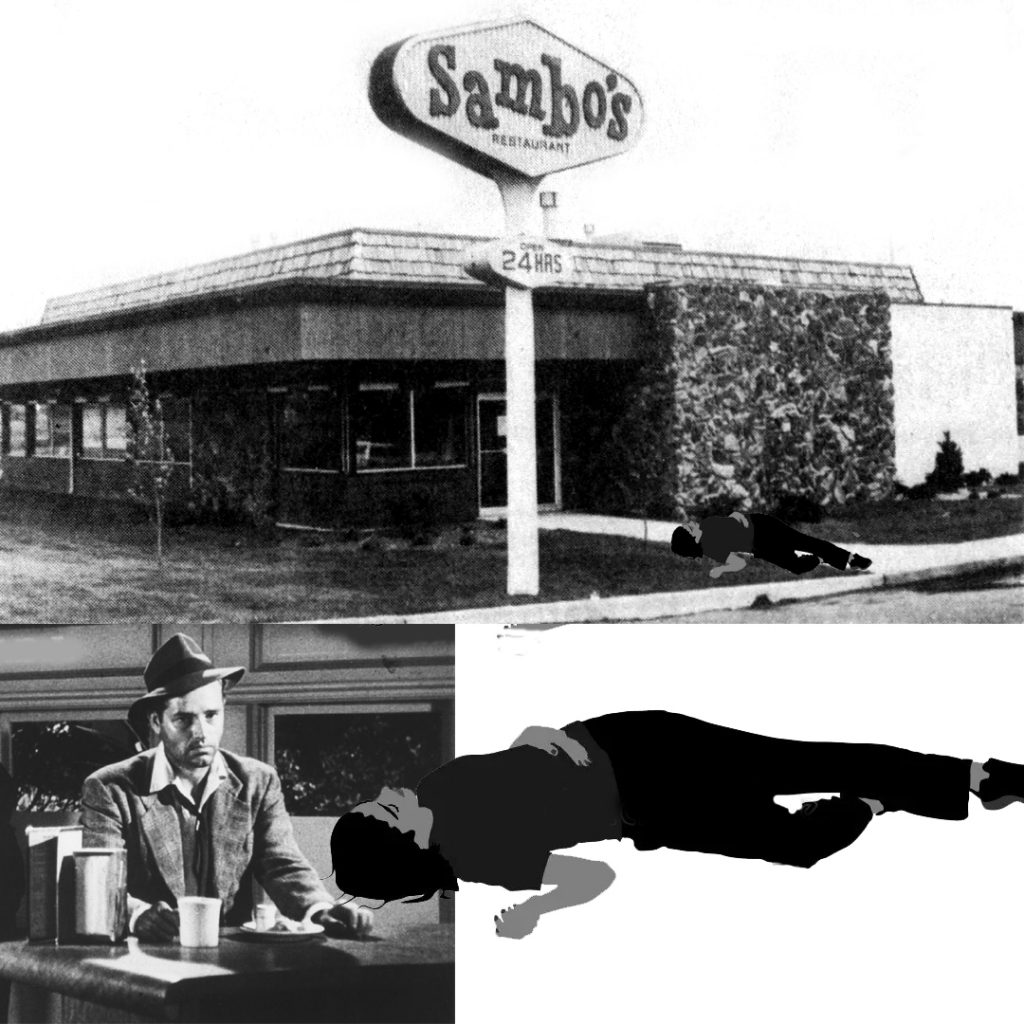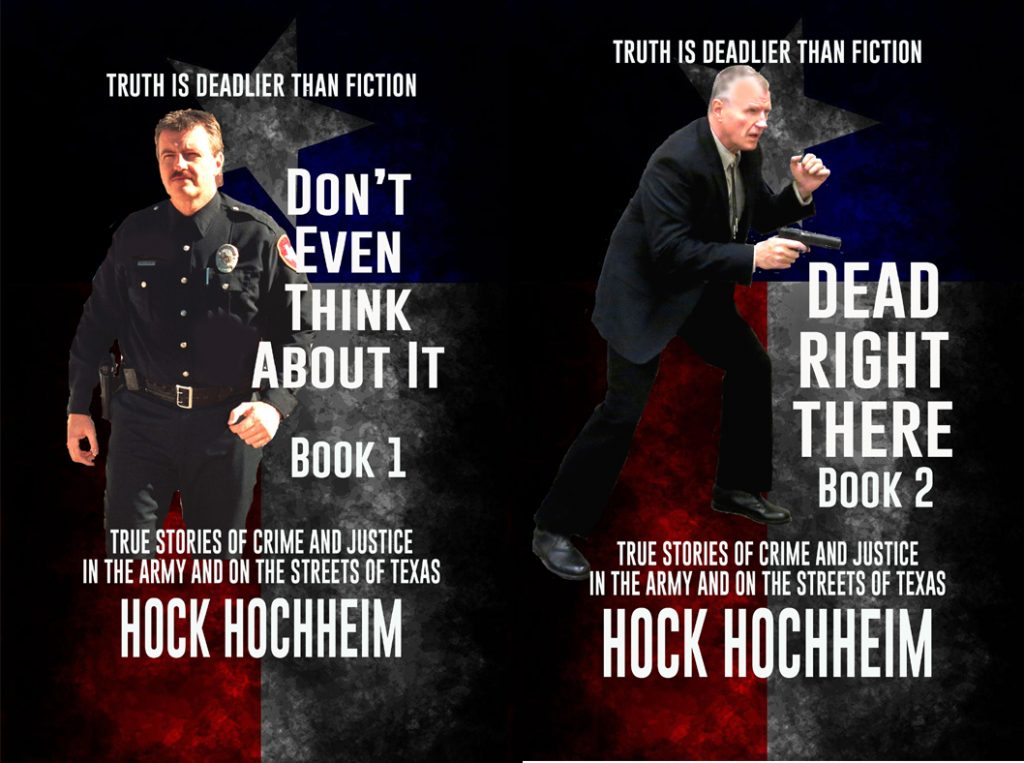
- 1: Chest ache, pain or discomfort. Chest discomfort usually occurs in the center of the chest.
- 2: A feeling of heaviness, tightness, pressure, aching, burning, numbness, fullness, or squeezing.
- 3: The pain can either last for several minutes, go away, or come back repeatedly.
- 4: Pains in the torso/upper body, including the arms, left shoulder, back, neck, jaw, or stomach.
- 5: Difficulty breathing/feeling out of breath. Sweating or “cold” sweating.
- 6: A sense of fullness, indigestion, or choking. Nausea or vomiting, lightheadedness, dizziness, feeling like you might faint.
- 7: Unexplained tiredness, weakness, extreme weakness (like you can’t do easy tasks), or severe anxiety reacting to symptoms.
- 8: Rapid or irregular heartbeat.
- 1: Call 911 The most important thing to do when you suspect a heart attack is to call emergency medical services. Always call 911 before you attempt to contact anyone else. Calling 911 will almost always be the quickest way to get treatment. Even if you live in an area that an ambulance may have difficulty getting to, the emergency dispatcher can provide you with instructions on minimizing the damage.
- 2: Consider contacting someone to come over immediately. If you have a trustworthy neighbor or relative who lives nearby, make another phone call asking that person to come to meet you. Having another person nearby can be helpful if you suddenly go into cardiac arrest. You should only do this if the emergency dispatcher permits you to get off the phone or if you have a second line you can call on while the dispatcher stays on the first line. Do not rely on another person to get you to the hospital. Wait for emergency paramedics to show up.
- 3: Chew on aspirin. Chew and swallow a single 325-mg or two tablets of baby aspirin 81-mg. Chewing on aspirin is especially effective if done within 30 minutes of your first symptoms. Aspirin inhibits platelet development. Taking aspirin can delay the formation of blood clots that could further block your arteries during a heart attack. Chew the aspirin before swallowing it. By chewing the aspirin, you release more of the medicine directly into your stomach and hasten its ability to get into your bloodstream. Do NOT use this treatment If you are on a medication that interacts poorly with aspirin or have otherwise been told by your doctor not to take aspirin or if you are allergic to aspirin.
- 4: Do not attempt to drive. Driving yourself to the hospital is not recommended. If you begin to experience heart attack symptoms while driving, immediately pull off to the side of the road. If you suffer from a cardiac arrest, you will pass out. This is the main reason why driving while suffering from a heart attack is not advised.
- 5: Remain calm. As frightening as a heart attack is, rushing around or putting yourself into a state of panic can worsen the problem. Relax as much as possible to keep your heart rate steady and calm. (Use the tactical breathing method as described in one of my blogs and in my books.)
- 6: Lie down. Lie on your back and raise your legs upward. This opens up the diaphragm, making it easier for you to breathe and supply oxygen to your blood. Make the position easier to maintain by propping your legs up on pillows or another object. You could also lie down on the floor with your legs propped up on a couch or chair. Make your way carefully if you cannot immediately lie down or sit, such as working on a ladder or crossing traffic. If you feel dizzy or unable to walk correctly, watching a fixed object such as the horizon or a large fixed object might help calm you and help you control the situation until helparrives. Consider lying down in front of an open window, open door, fan, or air conditioner. Providing yourself with a consistent stream of fresh air can help supply your heart with oxygen.
- 7: Do not attempt Cough CPR. A common myth is that you can survive a heart attack alone by coughing in a particular manner. This probably won’t work, and worse still, attempting this technique may put you in more danger. Attempting this procedure on your own can cause you to accidentally work against the rhythm of your heart and make it harder to get oxygen into your blood rather than easier.
- 8: Avoid food and drink. Eating and drinking are probably the last things on your mind when you experience a heart attack, but just in case, you should avoid food and drink even if you want them. Having anything other than aspirin in your system can make it more complicated for paramedics to give you adequate treatment. If necessary, you can swallow a little water to help you get the aspirin into your system, but even this should be avoided if possible.
- 9: Lower Your Body Temperature. If you can lower your body temperature, you increase your chance of surviving a heart attack. A quick way to decrease your body temperature is by placing a cool towel under your arms or on your wrist. Using ice packs is even better if you have a few available.
According to the American Heart Association, naturally lowering the temperature in this way decreases your risk of experiencing brain damage. It stops chemical reactions that can damage your organs when full oxygen flow resumes. Lowering your body temperature also helps regulate your heart rate and encourages steady breathing.
- 10 Follow-Up: Talk to your doctor about what to do in the future. Suffering a heart attack increases your risk of experiencing a heart attack in the future. When you survive your heart attack this time, you should talk with your physician to discuss improving your chances of survival if you should suffer from one again.”


